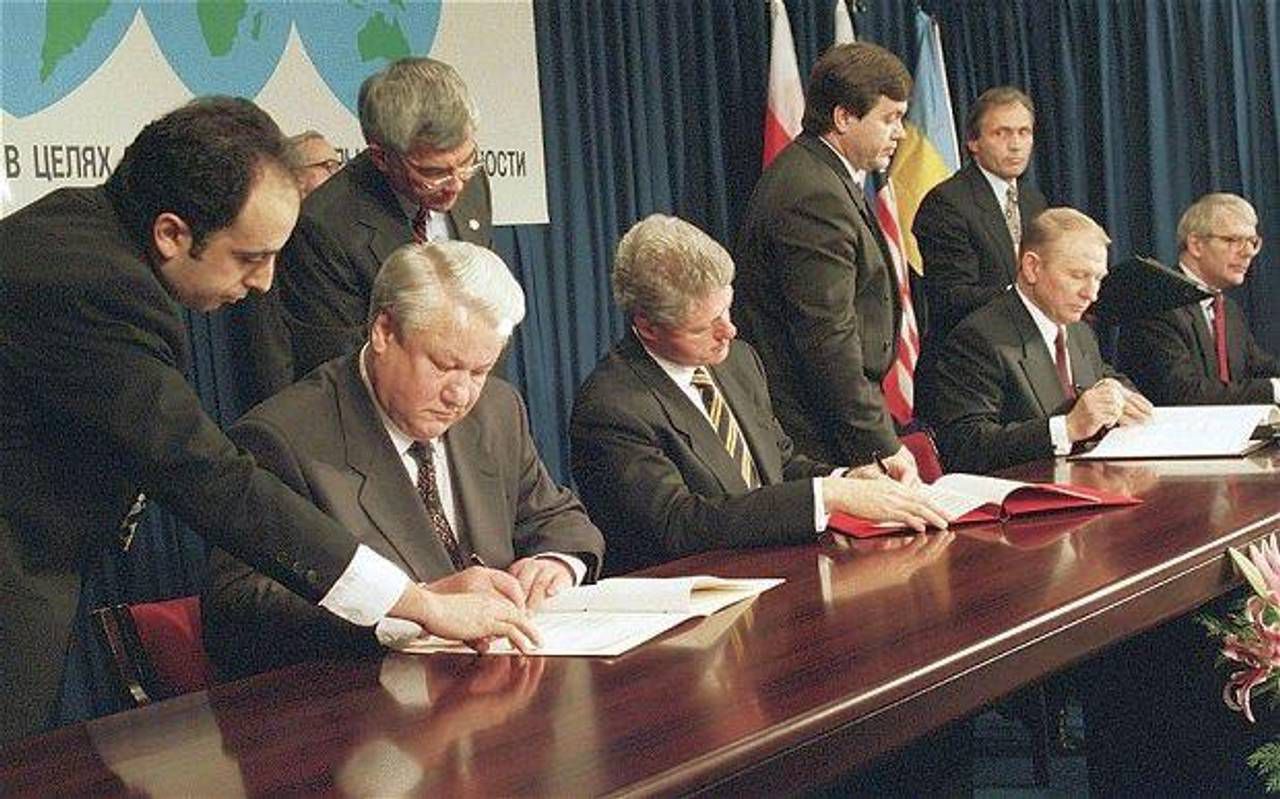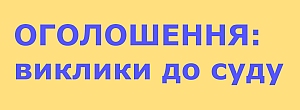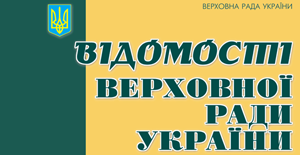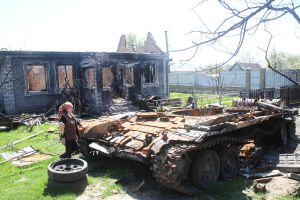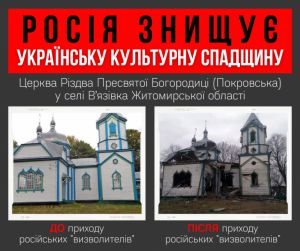Following the collapse of the Soviet Union, Ukraine came into the possession of the third largest nuclear arsenal after the United States and Russia. Back in 1991, the arsenal included 17 thousand nuclear warheads, 44 strategic bombers and 176 intercontinental missiles. Ukraine renounced all the nuclear weapons in exchange for security assurances from the leading nuclear powers.
In October of that same year, the Verkhovna Rada (Ukrainian Parliament) adopted the resolution “On the Non-Nuclear Status of Ukraine”. Three years later, on December 5, the Budapest Memorandum was signed by Ukraine, the United States, Russia and Great Britain. In accordance with this memorandum, Great Britain, the United States and the Russian Federation pledged to respect the independence, sovereignty and territorial integrity of the Ukrainian state. France and China gave individual assurances in separate documents. Officially, Ukraine lost its status of a nuclear state on June 2, 1996 when the last warhead was removed from its territory.
However, the security assurances with regard to Ukraine have not been kept since then. Thus, the Russian Federation, as one of the security guarantors, grossly violated its obligations under the memorandum as well as the fundamental principles of international law having occupied a part of the sovereignty territory of Ukraine and starting an armed conflict in Donbas.
It has become clear that the Budapest Memorandum will not help Ukraine in any way. Then the question has arisen about the restoration of its nuclear status. Those who support this claim argue that Russia has been waging an open military aggression against Ukraine for seven years now (it is even longer than the Second World War). Ukraine suffers economic, territorial, political and moral losses. The country is losing people killed and wounded while the signatories to the memo’s security assurances fail to provide the truly effective aid that would be able to influence and change the behavior of the aggressor. Had Kyiv possessed nuclear weapons, it would be a sobering factor for the Kremlin.
Technically, as scientists maintain, it will take Ukraine from five to seven years to restore its nuclear status given that the annual state funding of science and industry will amount from 200 to 300 million dollars (in all, the restoration of the nuclear status may cost Ukraine 1.5 billion dollars).
The opponents of the restoration of the nuclear status say that it is naïve to think that the G7 countries along with Russia will agree voluntarily to return Ukraine its nuclear status. While going to take such a step, they say, the political leadership of Ukraine has to weigh all pros and cons in order to calculate what counter-measures might be taken by different international organizations, particularly the UN Security Council, the International Atomic Energy Agency, NATO, the European Union to mention but a few. More than that, the possession of a “nuclear suitcase” might turn Ukraine into an outcast country like North Korea and Iran.
The first President of Ukraine Leonid Kravchuk believes that theoretically any state can manufacture nuclear weapons. If North Korea could, Ukraine can, too. “But I’d like to see how the world will react to it. I am absolutely sure that Europe and the United States would be categorically against the increasing of the number of nuclear powers on the map of the world. I am against it for one more reason. I strongly believe that nuclear weapons as any weapon of mass destruction cannot be the main factor of ensuring peace on the planet. There is another way. Peace can be ensured without weapons. Through negotiations, by a diplomatic way”, said Leonid Kravchuk.
Recently, political analysts have been discussing the public opinion poll that was initiated by President Zelenskyy. The poll was held on October 25, at the same time with the local election. The President was interested whether Ukraine needs to discuss at international level how security guarantees stipulated by the Budapest Memorandum are observed.
Later, Zelenskyy explained that his question was not about the restoration of Ukraine’s nuclear status. Military expert Yuri Fedorov believes, “Indeed, the idea of putting an end to the non-nuclear status and creating our own nuclear bomb to restrain Russia looks very attractive”. But, he says further, the realization of this idea will certainly put an end to the strategic cooperation of Ukraine with its Western partners beginning with the termination of military aid to counteract the aggressor in the east of the country and ending with a political boycott. For Kyiv, such price is unacceptable at the current stage of the conflict with the Russian Federation.
That’s why, most analysts maintain, Ukraine has only one variant, namely: to formulate new and this time more efficient guarantees of its security in exchange for its consent to retain the non-nuclear status and to coordinate these guarantees with a new list of states-guarantors. Moreover, these guarantees must be addressed to the United States and Great Britain, not the Russian Federation.
The Ukrainian leadership prefers this variant as evidenced by the statement made by the Foreign Office of Ukraine on December 5. In the statement, Ukraine calls on the international community to increase pressure on the Russian Federation in order to force Russia to keep international law, particularly to fulfill the provisions of the Budapest Memorandum as well as highly appreciates efforts of the United States, Great Britain and France. As it was stressed in the statement, these countries “unfailingly support the territorial integrity and sovereignty of Ukraine within its internationally recognized borders and back up their support with practical steps providing a great deal of aid to help Ukraine strengthen its defense capabilities and employing sanction instruments against the state-aggressor”.
The newspaper Voice of Ukraine


